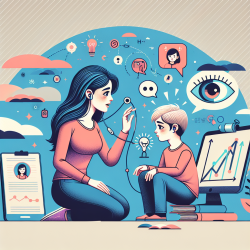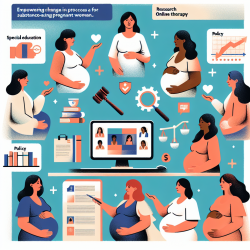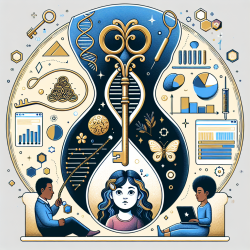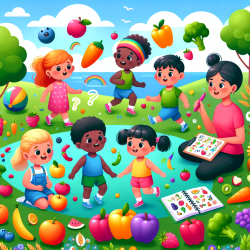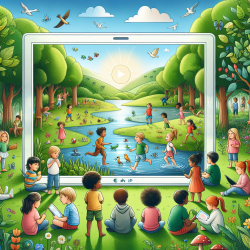Unlocking the Potential of Young Adult Literature in Education
In the realm of education, creating impactful and comprehensive learning experiences for students is paramount. Recent research, particularly the study "Putting the 'Comprehensive' in Comprehensive Sexuality Education: a Review Exploring Young Adult Literature as a School-based Intervention," highlights an innovative approach to achieving this goal. This research underscores the potential of Young Adult Literature (YAL) as a powerful tool in delivering comprehensive sexuality education (CSE) in schools.
The Power of Young Adult Literature
Young Adult Literature offers a unique avenue for educators to explore complex themes such as gender identity, sexual orientation, interpersonal violence, and sexual health. The study reviewed 18 empirical studies, revealing that YAL can significantly influence students' understanding and empathy towards these topics.
By integrating YAL into various classroom settings, educators can provide students with opportunities to engage with critical questions about identity, relationships, and the social world. This approach not only complements traditional health education but also addresses the social dimensions of sexual and reproductive health that are often overlooked.
Implementing YAL in the Classroom
For practitioners looking to enhance their teaching strategies, incorporating YAL into the curriculum can be a game-changer. Here are some actionable steps based on the research findings:
- Expand Curriculum Beyond Health Classes: Introduce YAL in English and Language Arts classes to complement sexuality education. This approach allows students to explore themes of gender and sexuality in a broader context.
- Foster Empathy and Inclusion: Use YAL to build empathy among students for LGBTQ individuals and those across the gender spectrum. This can be particularly effective in reducing homophobia and promoting inclusivity.
- Challenge Gender Norms: Encourage critical discussions around gender roles and expectations through YAL. This can help students question and redefine traditional notions of masculinity and femininity.
- Address Interpersonal Violence: Leverage YAL to discuss issues of violence and consent, helping students understand the importance of healthy relationships and consent.
Encouraging Further Research
While the current body of research is promising, there is still much to explore. Educators and researchers are encouraged to delve deeper into the potential of YAL as an educational tool. Future studies could focus on the long-term impacts of YAL on students' attitudes and behaviors, as well as its effectiveness in diverse educational settings.
Conclusion
Integrating Young Adult Literature into the educational framework offers a promising path toward comprehensive and inclusive education. By addressing topics of gender, sexuality, and relationships through literature, educators can equip students with the knowledge and empathy needed to navigate the complexities of the modern world.
For those interested in exploring this topic further, I highly recommend reading the original research paper. To read the original research paper, please follow this link: Putting the “Comprehensive” in Comprehensive Sexuality Education: a Review Exploring Young Adult Literature as a School-based Intervention.



